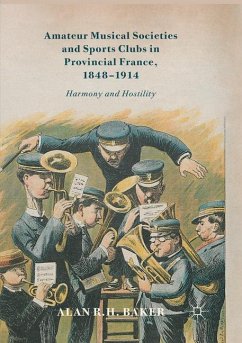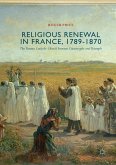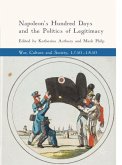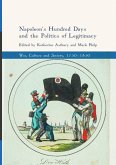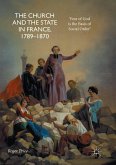This book explores leisure-related voluntary associations in France during the nineteenth century as practical expressions of the Revolutionary concept of fraternité. Using a mass of unpublished sources in provincial and national archives, it analyses the history, geography and cultural significance of amateur musical societies and sports clubs in eleven départements of France between 1848 and 1914. It demonstrates that, although these voluntary associations drew upon and extended the traditional concept of cooperation and community, and the Revolutionary concept of fraternity, they also incorporated the fundamental characteristics of competition and conflict. Although intended to produce social harmony, in practice they reflected the ideological hostilities and cultural tensions that permeated French society in the nineteenth century.
"This book provides an important glimpse into the shifting landscape of sociability and identity during a formative moment of the French national narrative and underscores the huge role of associations in the development of republican values." (Corry Cropper, Journal of European Studies, Vol. 48 (02), June, 2018)
"This is an important study for anyone who wants to know the details of music-making and sports organizations in the French provinces. Relying on hitherto unexamined primary sources from all corners of France, Baker offers a dense, data-rich volume that will surely assist scholars who examine French culture and its influence on political thought and social practice in the period." (Donna M. Di Grazia, H-France Review, Vol. 18 (102), May, 2018)
"This is an important study for anyone who wants to know the details of music-making and sports organizations in the French provinces. Relying on hitherto unexamined primary sources from all corners of France, Baker offers a dense, data-rich volume that will surely assist scholars who examine French culture and its influence on political thought and social practice in the period." (Donna M. Di Grazia, H-France Review, Vol. 18 (102), May, 2018)

